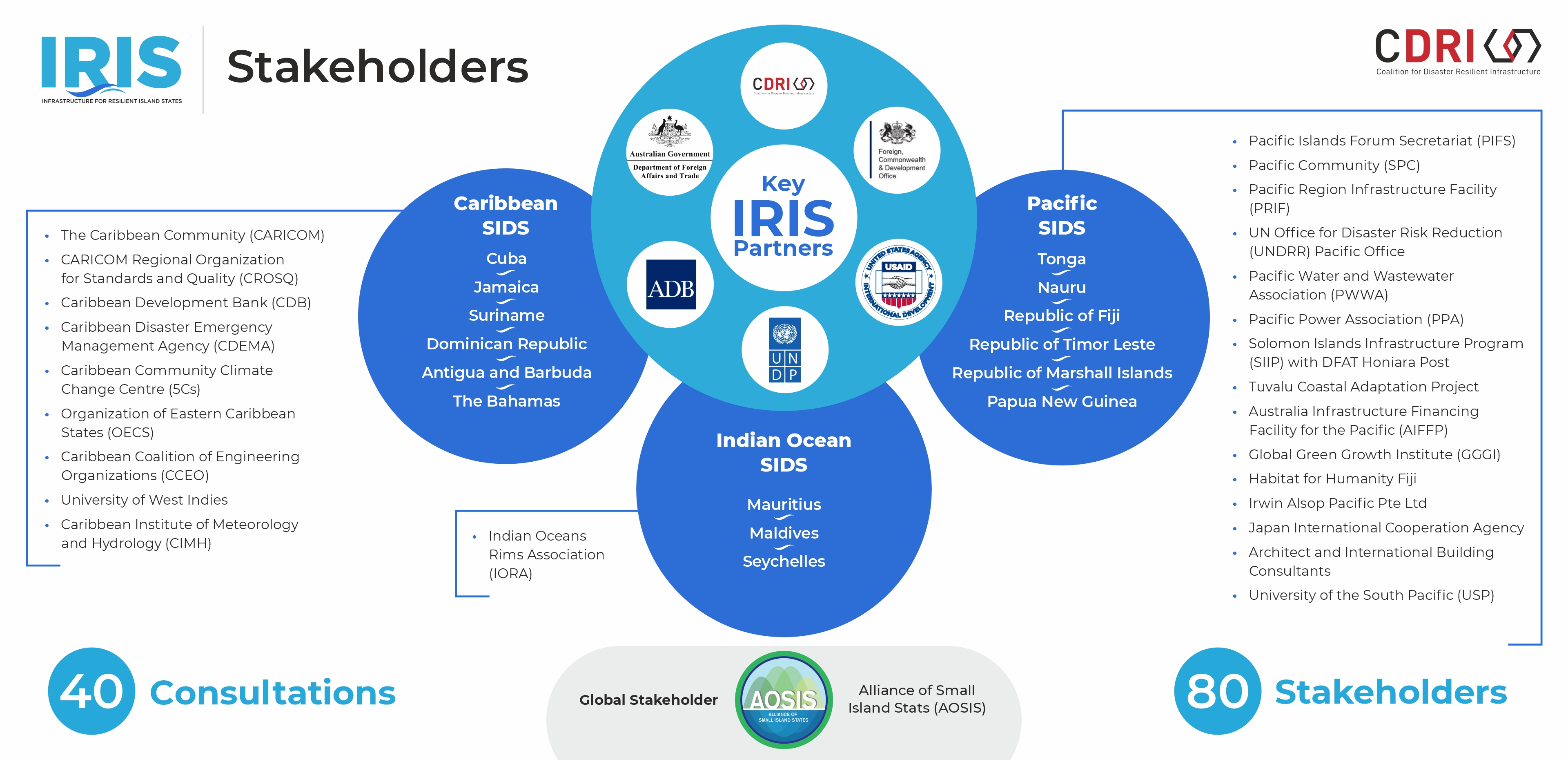The Small Island Developing States (SIDS) are highly prone to disasters due to climate change and extreme weather events such as sea level rise, coastal flooding and erosion, tsunamis and storm surges. Most of these island states also face development challenges that constrain their economic prospects such as remoteness to global markets, poor connectivity, lack of economies of scale, inadequate labour mobility, low levels of development combined with rapid population growth and limited capacity to adapt.
Alternatively, due to their geography and natural resource base, they offer unique opportunities for the growth of eco-tourism, fisheries and forestry sectors, amongst others. Leveraging these opportunities requires significant investment in infrastructure, especially in sectors such as transport, electricity, housing, tourism, water, sanitation and coastal protection. Given the need for infrastructure investment and to reap long-term benefits from these investments, it is imperative SIDS address their disaster and climate risks and adopt a resilient pathway for sustainable development.
Against this background, the Coalition for Disaster Resilient Infrastructure (CDRI) has been working closely with its members Australia, the European Union, India, the United Kingdom and SIDS representatives in co-creating Infrastructure for Resilient Island States (IRIS). Launched at COP26 during the World Leaders Summit, IRIS is a dedicated initiative to achieve sustainable development through a systemic approach to promote resilient, sustainable and inclusive infrastructure in SIDS.
IRIS aims to provide technical support on multifaceted issues posed by infrastructure systems and promote disaster and climate resilience of infrastructure assets in SIDS. The goal of IRIS is to directly contribute to the SAMOA Pathway (SIDS Accelerated Modalities of Action), and to deliver the following three closely interrelated outcomes that can contribute to building resilient, sustainable and inclusive infrastructure in SIDS:
To ensure IRIS is driven by the urgent infrastructure needs of SIDS across the globe, consultations have been organised from its genesis and are being continued [infographic below]. The consultations have been capturing the critical challenges and significant opportunities for adopting resilient pathways for infrastructure development in the Caribbean,Atlantic and Indian Ocean and Pacific island states. The IRIS vision has been shaped based on the insights from these multiple consultations with the SIDS stakeholders and representatives across the SIDS regions.
